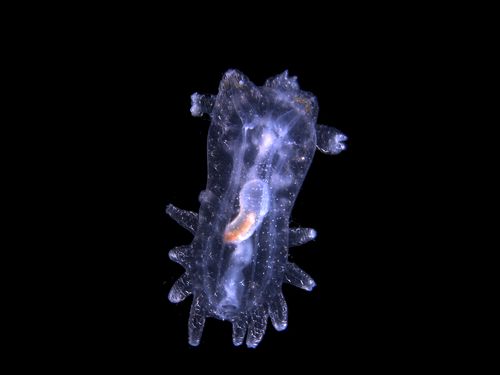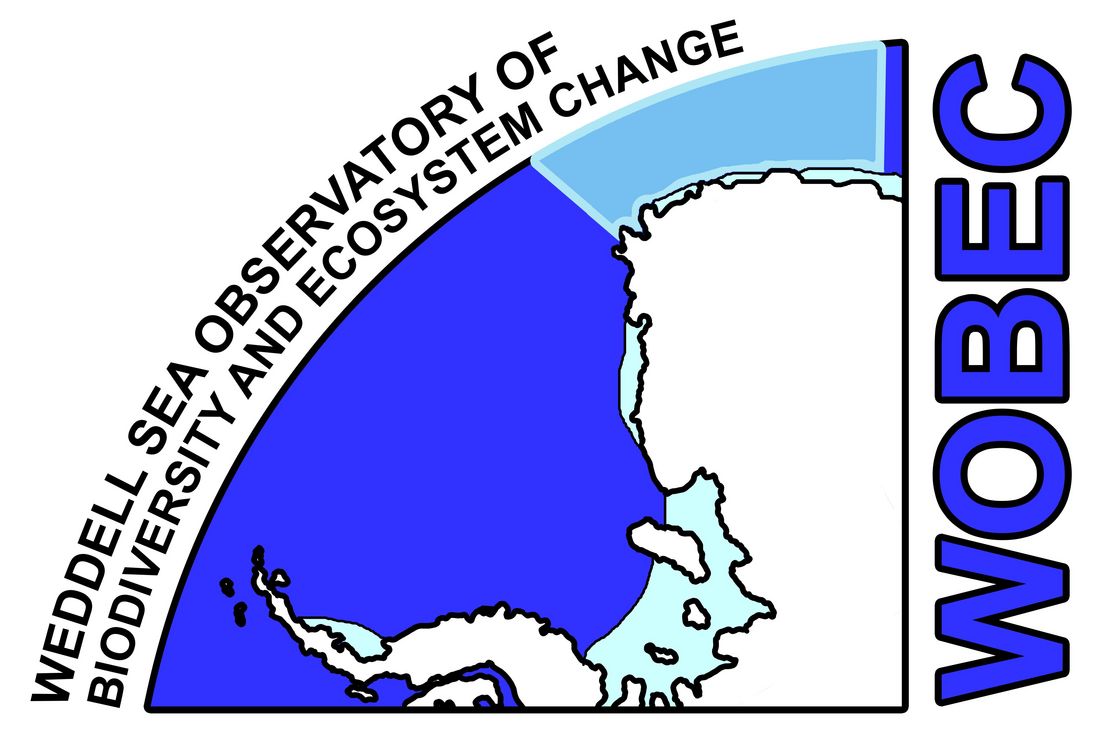
The Weddell Sea in Antarctica plays an important role in global climate regulation and constitutes a potential sanctuary for unique Antarctic species. In recent years, there is increasing evidence of accelerating climate change all around Antarctica, prompting the need for sustained monitoring to assess how ecosystems will change under progressing sea-ice decline, ocean warming and ocean acidification. Since no systematic ecosystem monitoring exists in the eastern Weddell Sea, scientists of 11 institutes from 8 countries work together to design and apply a monitoring framework for the Weddell Sea Observatory of Biodiversity and Ecosystem Change (WOBEC).
WOBEC aims to establish the “DNA” for a systematic ecosystem monitoring framework in the Eastern Weddell Sea, by achieving the following objectives:
I. Making the baseline biodiversity and ecosystem knowledge of the Eastern Weddell Sea globally accessible to the public.
II. Engaging stakeholders in a participatory process to develop a scientific monitoring framework with potential application in the WSMPA process.
III. Crafting and implementing an innovative multiscale monitoring strategy that integrates traditional methods with cutting-edge technology.
WOBEC builds on a comprehensive co-design process with stakeholders to develop a monitoring framework considering the latest state of scientific knowledge and societal demands. To provide the necessary knowledge base, we will inventory historic, recent and new ecosystem data and make them available through publicly accessible data portals, e.g. OBIS and EMODnet. Furthermore, we will assess and apply available technologies for their suitability for long-term monitoring across spatial and temporal scales, including autonomous observatories, Earth Observation and traditional ship-based methods. Finally, we will analyse ecological data to generate scientific products, such as statistical models and maps, facilitating an iterative process to inform and refine the co-design process of the WOBEC monitoring framework. WOBEC will be developed in close collaboration CCAMLR, other stakeholders from economy and conservation, and further monitoring initiatives in the Southern Ocean and beyond, ensuring a wide dissemination of results from science to stakeholders and policy makers.
